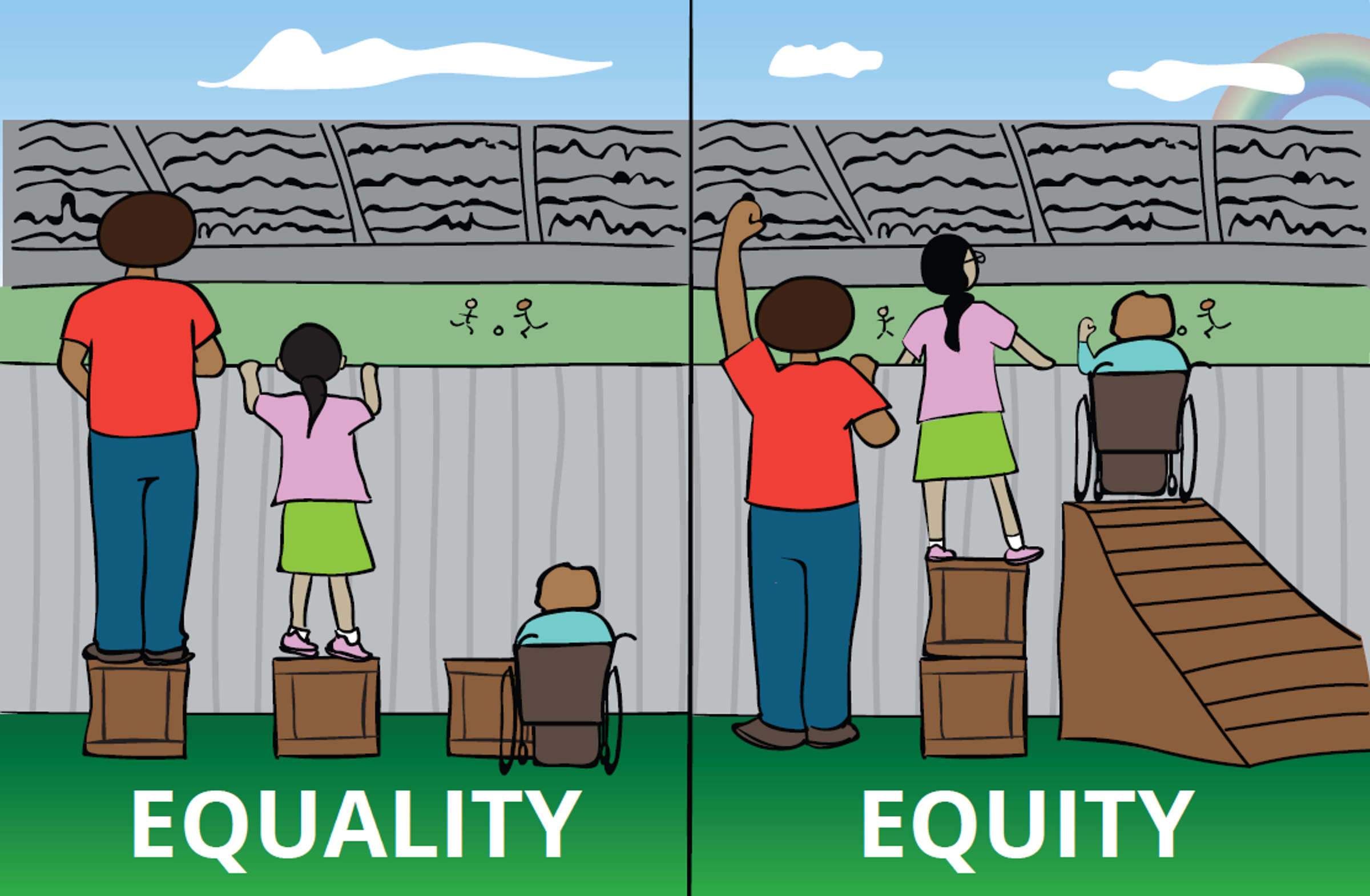Learning Diversity

Dear Families,
If you feel that your child may need extra support or has a Disability that the school is not aware of, please contact the office and ask to speak to Sally Thomas or email me sthomas@saseaford.catholic.edu.au
Thank You for Your Participation in PSG Meetings
Dear Families,
We would like to extend our heartfelt thanks to everyone who has participated in our recent PSG (Parent Support Group) meetings. Your involvement and feedback have been invaluable in strengthening our school community and ensuring that we continue to create the best possible learning environment for our students.
For those who were unable to attend, please know that the minutes from the meetings will be sent out via Operoo in the coming week. This will ensure everyone stays informed and up-to-date on the discussions and actions.
Once again, thank you for your time, support, and commitment.
We look forward to seeing you at the next PSG meeting!
Understanding the Role of a Behavioural Optometrist: Supporting Your Child’s Vision and Learning
As parents, we all want the best for our children, especially when it comes to their learning and development. One often-overlooked area that can significantly impact a child’s academic performance and daily life is their vision. While most of us associate vision problems with blurry sight or difficulty seeing far away, there’s another side to visual health that can affect how children learn and interact with their environment. This is where a Behavioural Optometrist can make a big difference.
What is a Behavioural Optometrist?
A Behavioural Optometrist is a specialist who goes beyond the usual eye exam to assess how a child’s visual system is working. They look at how the eyes work together, how well the brain processes visual information, and how vision supports daily tasks like reading, writing, and sports.
For instance, children who struggle with reading or have difficulty maintaining attention in class may be dealing with a visual issue that isn't immediately noticeable. These issues could be related to eye movement, focusing, or depth perception, which are all essential for reading and other classroom tasks.
Signs Your Child Might Need to See a Behavioural Optometrist
While many children are tested for vision problems at regular optometrist appointments, not all visual issues are detected in these routine exams. A Behavioural Optometrist can identify subtle issues that may be affecting your child’s learning.
Here are some signs to watch out for:
- Difficulty concentrating or staying focused on tasks like reading or writing
- Avoiding or disliking activities that require close visual attention (e.g., reading, drawing)
- Trouble with hand-eye coordination, sports, or activities requiring precise visual-motor skills
- Complaints of headaches or eye strain after reading or using digital devices
- Frequent loss of place while reading or skipping words/lines
- Poor handwriting or difficulty organizing written work
How a Behavioural Optometrist Can Help
A Behavioural Optometrist will typically conduct a comprehensive visual assessment, which may include tests for tracking, focusing, and depth perception, as well as how well the eyes work together. If any issues are found, they will create a tailored treatment plan that could include:
- Vision therapy: A series of exercises designed to improve specific aspects of a child’s visual system.
- Eyewear: Special glasses to help with focusing or eye coordination, especially if a child has trouble maintaining focus while reading or completing homework.
- Lifestyle advice: Tips on how to support your child’s visual health in daily activities, such as encouraging proper lighting and minimizing screen time.
Why Vision Therapy Matters
Vision therapy is a personalized, goal-oriented program designed to help children develop and enhance their visual skills. It’s not just about improving sight but also about how the brain processes visual information, which is crucial for learning. With the right therapy, children can overcome difficulties related to tracking, eye teaming, and focusing, all of which can lead to better academic outcomes and increased confidence in their abilities.
The Importance of Early Intervention
Early intervention can be crucial in addressing visual difficulties. If you notice any of the signs mentioned above, it’s worth considering an appointment with a Behavioural Optometrist. The earlier any issues are identified and treated, the better the outcomes for your child’s development, both academically and personally.
If you’re unsure whether a Behavioural Optometrist is right for your child, talk to your child’s teacher or your family GP for guidance. They can provide recommendations or referrals to specialists in your area.
In Conclusion
By working with a Behavioural Optometrist, you can ensure that your child’s vision is supporting their learning and growth, not hindering it. A clear and accurate visual system is key to a successful and confident school experience. If you’re concerned about your child’s vision, take the next step in supporting their academic journey by seeking the advice of a professional.
IMPORTANT INFORMATION REGARDING SENDING MEDICAL INFORMATION AND REPORTS
As a result of the Quality Assurance process and discussion. It is recommended that all medical documentation and reports that families are sending to staff be sent via email or in a hard copy. Please do not use the seesaw app to send medical information to school.
Sally Thomas
Diversity Leader
